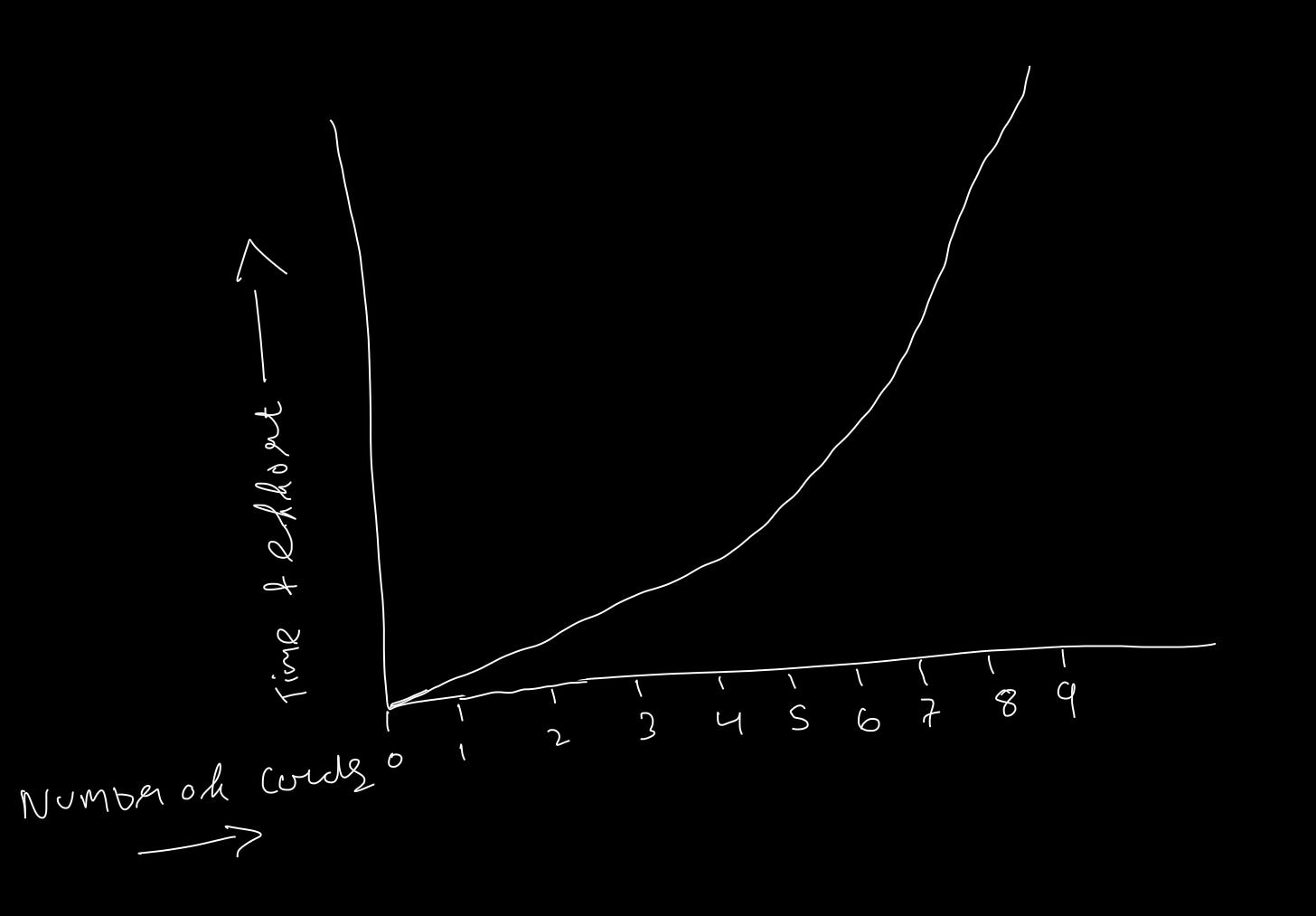How I think about Credit Card Points
There is no free lunch.
It's often said that there's no such thing as a free lunch, and the credit card points game is no exception. You might argue that the cost of these rewards is not monetary, but rather in your most valuable assets—time and energy.
I wanted to share my thoughts on cards and points, including the guiding principles that shape my strategy and usage. This insight is crucial for you, the reader, as it influences my guides, recommendations, and much of my content. While these strategies work for me, they may not for you. It's important to note that there's no right or wrong, and you aren't required to agree with these principles.
Less is more.
A recurring theme in my writings is the prudent use of credit cards. In an era where enthusiasts boast about owning 20-30 or even more credit cards on social media, I hold the view that the average person requires no more than 4 to 5. With this number, one can likely reap about 80% of the same rewards that someone with 20 cards can.
A credit card that provides rewards across various purchase categories, credits points consistently and in a timely manner (I am looking at you, Axis), and doesn't need you to spend hours on customer support or tracking your points in an excel sheet is far more valuable than owning five cards that require five hours of your time each month.
"If monetary wealth is best displayed through luxury possessions, a wealth of time is best displayed through nothingness." - Jack Raines @ Young Money
Don't misunderstand me, if 30 cards work for you - excellent! That's fantastic. However, I believe most people don't need that many. I consider myself part of this majority. I carry a total of 3 cards in my wallet and keep an additional 2 to 3 for occasional use.
Experiences over value.
Another common trend is to attribute a monetary value to the miles, points used, or certain card benefits. For some, a redemption of ₹2 per point is great, ₹0.80 per point is good, and ₹0.40 per point is poor. Let's clarify this with a simple question.
Suppose you want to travel to London. After examining the award availability and point requirements, you realize you're getting an average of ₹0.75 per point. On the other hand, redemptions to Sydney suggest a value of ₹2 per point. Would you go to Sydney instead of London?
The best redemption is the one that gets you where you need to go, when you need to be there, comfortably and promptly. Everything else is spreadsheet material.
Similarly, some argue that the Axis Magnus offers eight airport meet and greet services each year, essentially giving you ₹40K back (assuming each service costs 5K per passenger). On the other hand, the Axis Reserve provides eight airport transfers in a luxury vehicle, which could be valued at around ₹40-₹50K.
Now, ask yourself this question. If you had to pay for these services, would you be willing to do so out of pocket?
You probably have your answer by now. Don’t get fixated on value.
Miles and Points are worth zero until redeemed.
The phrase "earn and burn" is often used. It refers to the strategy of redeeming your miles quickly for near-term plans, rather than saving them for extravagant trips in the distant future.
Points and miles depreciate over time. Loyalty programs frequently devalue their systems by increasing the points or miles needed for redemptions. Banks contribute to this by reducing the transfer ratios. These changes make it nearly impossible and often pointless to assign a specific monetary value to your unused points. A reward that requires 30,000 miles today may need 60,000 miles tomorrow.
How do you factor this in? You don't, and you don't by not worrying about things that are not in your control.
The ultimate goal is to afford all of this, without needing to depend on some reward program.
I've saved the most contentious point for last. 😉
I've been exceptionally fortunate to have a few genuine high-net-worth individuals (HNIs) and ultra-high-net-worth individuals (UHNIs) in my circle (not Axis Burgundy HNIs, no offense). They've greatly influenced the way I think about money, wealth, personal finance, and most importantly, the value of time.
True freedom is being able to do what you want, when you want, in the most comfortable way. This could mean taking a 2 PM flight instead of a 7 AM one to avoid waking up at an ungodly hour or choosing a direct flight over a connecting one, even if it's more expensive.
Sure, flying business or first class using points can be enjoyable and incredibly satisfying. It offers a taste of luxury that you might not otherwise splurge on. But it's undeniable that it requires significant effort, time, and energy. You know what would be even more enjoyable?
Experiencing all of this without having to rely on miles, points, and such hoops. That, my friend, is the goal.


